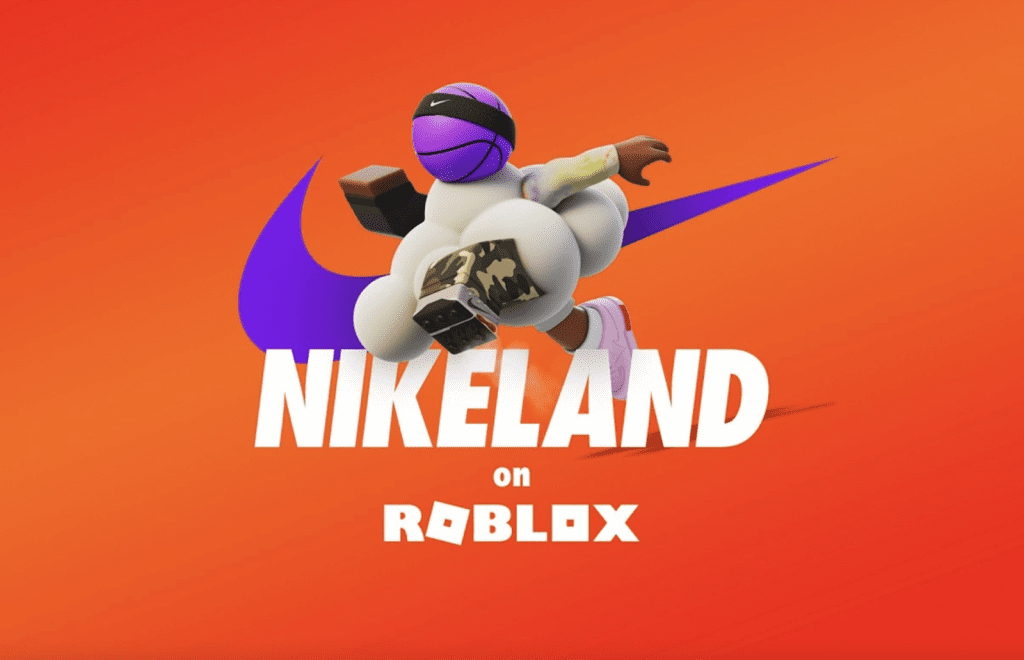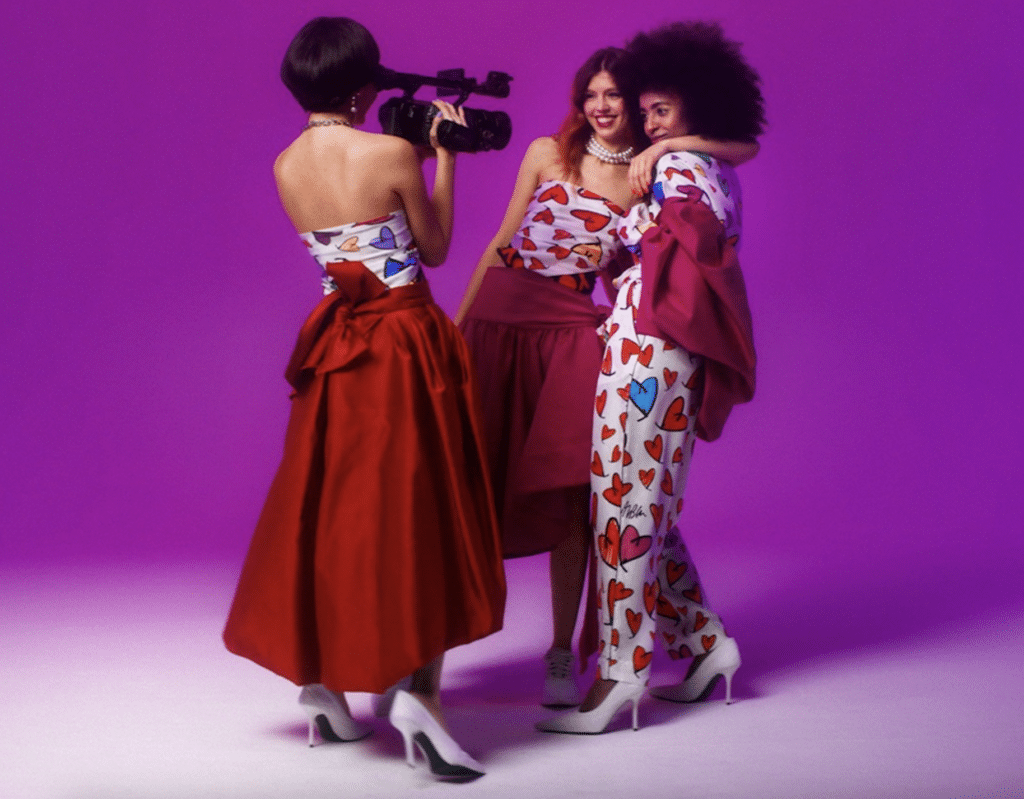Brands ranging from Louis Vuitton, Gucci, and Valentino to Nike and adidas have made headlines over the past year or so after filing applications for registration for use of their famous trademarks in the virtual world, either reflecting existing use or potentially indicating their intent to use such marks in the metaverse or in connection with non-fungible tokens (“NFTs”). Not limited to fashion and luxury names, brands across industries (from KFC to the City of Beverly Hills) have followed the lead set by Nike last year, and rushed to trademark offices around the world to lodge mostly intent-to-use applications – often in an attempt to protect their valuable assets in light of a lack of certainty as to how courts will view their existing “real world” rights (and registrations) and how trademark offices will handle applications that point to web3 technologies.
Given the increasing number of trademark applications that contain terms “relating to virtual goods and non-fungible tokens” that it has received in recent months, in the United States and internationally, the European Union Intellectual Property Office (“EUIPO”) has provided some initial guidance as to the approach that it is taking for classification purposes. (Trademark applications – and registrations – classify marks by use in specific classes of goods/services, and to date, most brands have filed applications that list use or intended use in Class 9 for “downloadable virtual goods including NFTs,” Class 35 for “retail stores for virtual goods,” and/or Class 41 for “entertainment services in virtual environments.”)

Focusing exclusively on Class 9 (and making no mention of Classes 35 or 41), the EUIPO stated in a June 2022 release that “virtual goods are proper to Class 9 because they are treated as digital content or images.” However, the trademark body claims that “the term virtual goods on its own lacks clarity and precision so must be further specified by stating the content to which the virtual goods relate (e.g. downloadable virtual goods, namely, virtual clothing).” The EUIPO notes that the 12th Edition of the Nice Classification, which will enter into force on January 1, 2023, will incorporate “the term downloadable digital files authenticated by non-fungible tokens in Class 9.”
As for NFTs, in particular, the EUIPO sets out a definition of the relatively novel technology, asserting that NFTs are “treated as unique digital certificates registered in a blockchain, which authenticate digital items but are distinct from those digital items. For the Office, the term non fungible tokens on its own is not acceptable.” (Emphasis courtesy of the EUIPO.) As such, “The type of digital item authenticated by the NFT must be specified.” Still yet, the EUIPO states that “services relating to virtual goods and NFTs will be classified in line with the established principles of classification for services.”
The brief guidance from the EUIPO – which notes that its approach is set out in the 2023 draft Guidelines on which a range of stakeholders have until October 3 to comment – follows swiftly from responses from the U.S. Patent and Trademark Office (“USPTO”) to a number of metaverse-focused applications from Nike and a number of other brands, which provide indications as to how it will deal with similar applications going forward. On the heels of Nike filing a handful of trademark applications with the USPTO for its name, Swoosh logo, “JUST DO IT,” and Jordan marks for use on “downloadable virtual goods” (in Class 9), “retail store services featuring virtual goods” (Class 35), and “entertainment services, namely, providing on-line, non-downloadable virtual footwear, clothing, headwear, eyewear, bags, sports bags, backpacks, sports equipment, art, toys and accessories for use in virtual environments” (Class 41), the USPTO issued its first bit of feedback in June.
In those Office actions, an examining attorney for the USPTO provided some useful information as to how the trademark office will handle the identification of the virtual goods and/or services by stating that she found Nike’s descriptions to be “indefinite” and “unclear.” With this in mind, the examining attorney encouraged Nike to substitute the “clarifying wording in bold print, if accurate” …
Class 9: Downloadable virtual goods, namely, computer programs featuring footwear, clothing, headwear, eyewear, bags, sports bags, backpacks, sports equipment, art, toys and accessories for use online in online virtual worlds.
Class 35: Retail store services featuring virtual goods, namely, footwear, clothing, headwear, eyewear sports bags, backpacks, sports equipment, art, toys and accessories for use online in online virtual worlds; on-line retail store services featuring virtual merchandise, namely, footwear, clothing, headwear, eyewear, bags, sports bags, backpacks, sports equipment, art, toys and accessories for use online in online virtual worlds.
Class 41: Entertainment services, namely, providing on-line, non-downloadable virtual footwear, clothing, headwear, eyewear, bags, sports bags, backpacks, sports equipment, art, toys and accessories for use in virtual environments created for entertainment purposes.
These Office actions are some of the first substantive development since Nike filed its applications for metaverse trademarks last year – and are some of the first examples of the USPTO providing feedback to metaverse-focused applications. They have since been followed by USPTO-issued Office actions that include preliminary registration refusals on the basis of likelihood of confusion for metaverse-focused marks and failure to function. Beyond that, some of the latest guidance from the USPTO centers on issues with specimens that companies have provided in connection with the actual-use applications.
Given the early-mover nature of Nike and its applications (as well as applications lodged by Yuga Labs, the company behind the Bored Ape Yacht Club collection of NFTs, ones from Nike-owned digital fashion and footwear brand RTFKT, etc.), any feedback from the USPTO in response likely inform how other applications will be viewed by the trademark office and will serve as a blueprint for other parties looking to file applications of their own for use of their trademarks in the metaverse.
This article was originally published on July 8, 2022 and has been updated with statistics on the number of NFT/metaverse trademark applications filed with the EUIPO and on Office actions from the USPTO.














